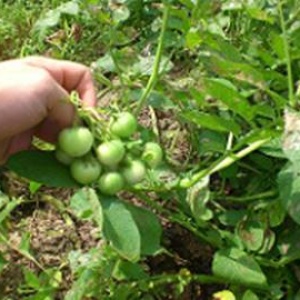
These two reports, co-written by FCRN member Xavier Poux from AScA in France, focus on a potential agroecology transition in Europe.
Agroecology is here understood to present an alternative to the highly specialized model of farming which requires large quantities of chemical inputs. The authors write: ‘the current system is so locked-in, and impacts the environment [so greatly], that solutions can only be found in a complete re-design of not only the farming sector, but the whole agrifood chain.’ Agroecology, then, proposes a holistic change, addressing the challenges to be addressed, going beyond simply optimising the use of inputs while continuing to maintain the industrial agrifood system.
Report 1: A comprehensive outlook on the diversity of agroecological initiatives in Europe
This report goes through a number of case studies and presents a diversity of agroecology initiatives taking place in different contexts, with different purposes and differing outcomes. The authors’ intention is to better understand what the different approaches are available which may, in the future, be combined at the EU level in order to achieve a European food system based on agroecological principles. The report considers the production of a number of different commodities which make up a typical EU diets, as well as different ways in which food chains can be organised.
Report 2: Transition scenarios to agroecology in Europe: relevance and challenges of a fundamental contribution to the EU debate on agriculture and environment
This working paper aims to provide the intellectual basis for developing a comprehensive EU scenario, in which a transition to agroecological farming methods take place. It provides an overview of what such a scenario should include, but does not present a concrete scenario itself. Rather, it provides a survey of agroecology in Europe and discusses how an agroecological transition should be framed and discussed.







Post a new comment »